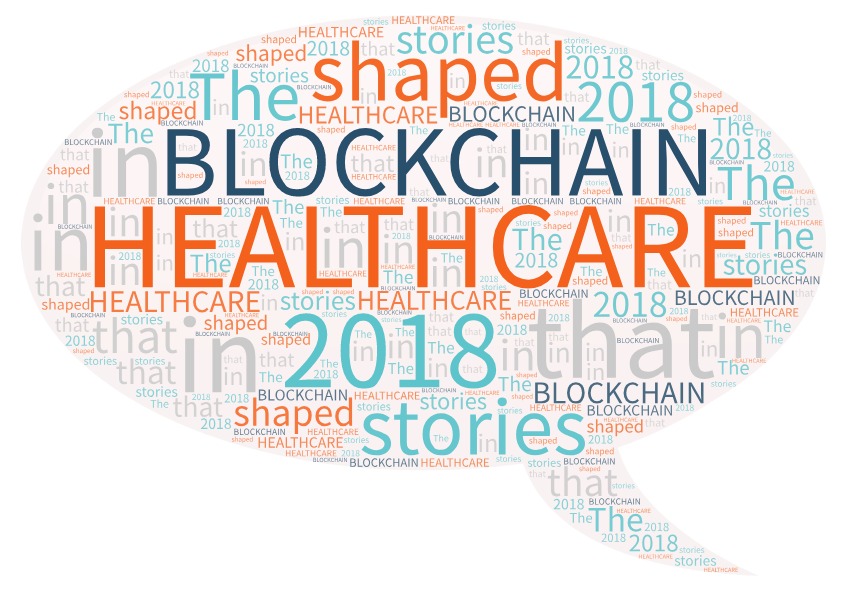Blockchain’s benefits — of security, efficiency, and speed — are readily applicable to public sector organizations
The buzzword of 2017 which has spilled over to 2018 has to be blockchain. From start-ups to established institutions, everyone is waking up to the importance of blockchain and how it can be implemented in daily transactions. While blockchain has been in the news mainly because it is used to mine bitcoins, blockchain without cryptocurrency makes way for database. And this part of the technology, can be widely used for securely protecting data.
Governments across the world have been toying with the idea of using blockchain for various purposes. Blockchain, is a distributed database technology for storing continuously growing records. They are secure by design as data is kept in ‘blocks’ that cannot be tampered with. Given that data can be secured in a transparent manner, governments especially can make great use of the technology.
Entrepreneur India spoke to experts about how they believe governments can integrate blockchain into the system.
Record Keeping
Blockchain’s benefits — of security, efficiency, and speed — are readily applicable to public sector organizations, and the technology’s potential helps explain why so many government leaders are actively exploring its uses in government, said Sainath Gupta, founder of Anything.AI and a blockchain enthusiast. Gupta had started mining bitcoins from blockchain way back in 2010.
In Gupta’s list of use cases for blockchain with respect to the government, car and property registrations top the list. Another important use of blockchain can be in keeping identity records. “Employee and university certificates which are highly manipulative right now, healthcare records which are unorganized, supply chain management in government departments which is currently highly corrupted and slow and even voting, which currently comes under EVM’s hammer, etc., are some of the segments in which blockchain can be used by the government,” he said.
Source/More: ‘Blockchain is a revolutionary technology that governments cannot ignore’, say experts
















